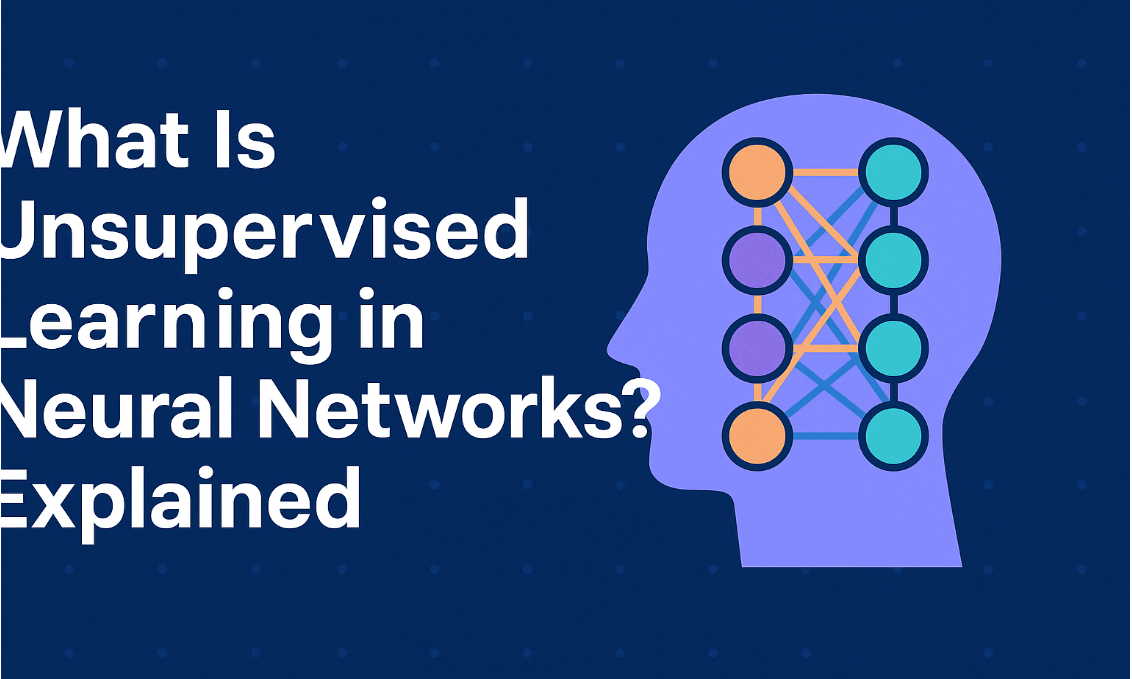
Fuzzy Expert Systems: The Intelligent Way to Solve Real-World Problems
Introduction
In the age of Artificial Intelligence and Machine Learning, the importance of systems that can mimic human reasoning has grown significantly. One such system is the Fuzzy Expert System. It combines fuzzy logic with rule-based expert systems to solve complex, ambiguous problems just like a human expert. This article explores everything about Fuzzy Expert Systems including its origin, advantages, disadvantages, real-world examples, differences from traditional systems, and its application in courses and problem-solving.
Table of Contents
What is a Fuzzy Expert System?
A Fuzzy Expert System is a type of expert system that uses fuzzy logic instead of Boolean logic to reason about data. These systems are particularly effective where information is vague, uncertain, or imprecise. They mimic how humans make decisions using approximate reasoning.
History and Evolution
The concept of fuzzy logic was introduced by Lotfi A. Zadeh in 1965. Traditional expert systems were developed during the 1970s and 1980s to replicate decision-making capabilities of human experts. However, their limitations in handling imprecise information led to the development of fuzzy expert systems in the late 1980s and early 1990s. These systems found use in control systems, diagnostics, and decision-making tools.
Components of a Fuzzy Expert System
Knowledge Base: Contains fuzzy rules and facts.
Fuzzification Interface: Converts crisp inputs into fuzzy sets.
Inference Engine: Applies fuzzy rules to the fuzzy inputs.
Defuzzification Interface: Converts fuzzy output back into crisp values.
User Interface: Allows interaction with users.
How It Works
Input Data Collection: User provides inputs which may be crisp.
Fuzzification: Converts inputs to fuzzy values (e.g., temperature as "hot" instead of 90°C).
Rule Evaluation: Uses fuzzy rules (e.g., IF temperature is high THEN fan speed is fast).
Aggregation of Results: Multiple fuzzy rules are evaluated.
Defuzzification: The fuzzy output is converted into a crisp, actionable result.
Examples of Fuzzy Expert Systems
Washing Machines: Adjust wash time and water level based on load.
Air Conditioners: Automatically manage fan speed and cooling level.
Medical Diagnosis: Suggests potential diseases based on symptoms.
Financial Systems: Predict market trends under uncertainty.
Automobile Control Systems: Like ABS and auto-driving.
Advantages of Fuzzy Expert Systems
Handle imprecise and vague data effectively.
Emulates human reasoning closely.
Easier to implement rules based on experience.
Useful in nonlinear systems.
Scalable and flexible.
Disadvantages and Limitations
Rule creation is time-consuming.
Performance depends on quality of rules.
Not ideal for systems requiring crisp and highly accurate data.
Difficult to debug.
Difference Between Traditional Expert Systems and Fuzzy Expert Systems
| Feature | Traditional Expert System | Fuzzy Expert System |
|---|---|---|
| Logic | Binary (True/False) | Fuzzy (Partial truths) |
| Data Handling | Precise | Imprecise/Vague |
| Decision Type | Exact | Approximate |
| Adaptability | Less flexible | More adaptive |
Courses and Learning Resources
Coursera: Introduction to Fuzzy Logic
Udemy: Fuzzy Logic and Fuzzy Expert Systems in Practice
NPTEL: AI - Fuzzy Logic Systems
edX: Soft Computing Courses
Books:
Fuzzy Logic with Engineering Applications by Timothy Ross
Soft Computing and Intelligent Systems by K.K. Aggarwal
Problem Solving with Fuzzy Expert Systems (Example)
Problem: Air Conditioner Temperature Control
Inputs: Room Temperature (Warm, Hot), Humidity (Low, High) Rule:
IF temperature is hot AND humidity is high THEN set AC power to high
IF temperature is warm AND humidity is low THEN set AC power to medium
Input: 31°C, 80% humidity Fuzzified Inputs: Temperature = High (0.8), Humidity = High (0.7) Rule Applied: AC power = High Defuzzified Output: AC power = 85%
Applications in the Real World
Healthcare: Diagnosing diseases, managing treatment plans
Robotics: Real-time decision-making
Smart Homes: Controlling lighting, temperature, and devices
Industrial Automation: Quality control, predictive maintenance
Banking: Loan approval based on multiple fuzzy criteria
Conclusion
Fuzzy Expert Systems are revolutionizing how we deal with imprecise and uncertain data. They provide a robust solution where traditional computing fails. From everyday appliances to complex financial systems, their application is widespread. As AI and machine learning continue to evolve, fuzzy expert systems will remain a crucial part of intelligent decision-making systems.
FAQs
What is the difference between fuzzy logic and fuzzy expert systems?
Fuzzy logic is a mathematical framework for dealing with vagueness, while fuzzy expert systems apply fuzzy logic in decision-making using expert knowledge.
Can fuzzy expert systems learn over time?
By default, they do not learn. However, when combined with neural networks or other AI models, learning capabilities can be introduced.
Are fuzzy expert systems used in AI?
Yes, they are a part of the AI domain and often integrated with machine learning and neural networks for hybrid systems.
Do fuzzy expert systems replace human experts?
They don’t replace humans but support them in decision-making by providing consistent and quick responses.
✅ Suggested Comment Section Prompt
What are your thoughts on Fuzzy Expert Systems?
Have you ever worked with fuzzy logic or want to learn more about it? Drop your questions, opinions, or experiences in the comments below — we love hearing from you!








